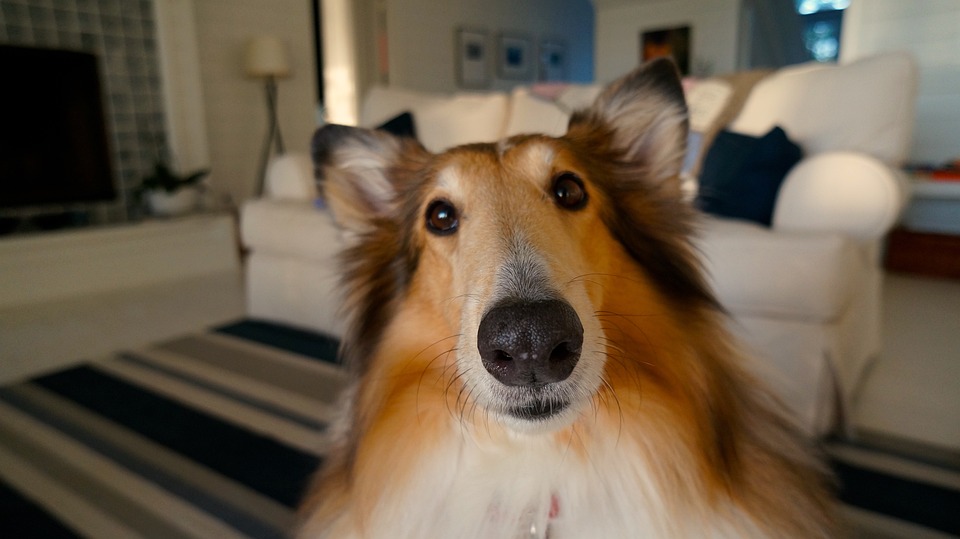Title: Training for Polite Behavior During Playdates with Other Dogs
Introduction
Playdates with other dogs can be a fun and enriching experience for your furry friend. However, it’s important to ensure that your dog behaves politely during these interactions. Training plays a crucial role in teaching your dog how to socialize appropriately and communicate effectively with other dogs. By understanding the basics of canine behavior and implementing proper training techniques, you can create a safe and enjoyable environment for all dogs involved.
Creating a Solid Foundation
To prepare your dog for successful playdates, it’s essential to begin with basic obedience training. Commands such as sit, stay, and recall are fundamental and can help you establish control over your dog’s behavior. Additionally, teaching your dog loose leash walking will prevent pulling and allow for calm and controlled interactions.
Another important aspect of training is teaching your dog appropriate greetings. Jumping and nipping can be disruptive and potentially harmful. Encouraging a calm approach and discouraging these behaviors will ensure a respectful introduction between dogs.
Socialization and Desensitization
Exposing your dog to various environments and experiences is crucial for their socialization. Gradually introducing new dogs and monitoring their body language and stress levels will help them feel more comfortable and confident during playdates. Understanding canine communication cues, such as tail wagging, ear position, and body posture, will allow you to gauge their level of comfort and intervene if necessary.
The Art of Play
Encouraging appropriate play styles is essential for maintaining a positive and harmonious playdate. Dogs have different play preferences, and it’s important to respect their boundaries. Recognizing warning signs of aggression, such as growling, snarling, or excessive mounting, will help prevent any potential conflicts. Promoting turn-taking and sharing toys and resources will foster healthy interactions between dogs.
Handling Common Challenges
During playdates, dogs may exhibit certain challenges that require specific attention. Resource guarding, where a dog becomes possessive over toys or food, should be addressed promptly to prevent any potential conflicts. Overexcitement or hyperactivity can be managed through training exercises that promote impulse control and calm behavior. If your dog displays fear or anxiety during playdates, it’s important to address these issues by gradually exposing them to new experiences and providing positive reinforcement.
FAQs (Frequently Asked Questions)
1. How do I know if my dog is ready for playdates?
2. Can all dog breeds be trained to have polite behavior during playdates?
3. What should I do if my dog shows signs of aggression during a playdate?
4. Should I bring treats or toys to playdates?
5. Is it necessary for my dog to attend obedience classes before playdates?
6. How often should I organize playdates for my dog?
7. Can playdates help with separation anxiety in dogs?
8. What are the signs of a successful playdate?
9. How can I introduce a new dog to my current dog during a playdate?
10. Are there any specific activities or games that can help improve polite behavior during playdates?
Conclusion
Training your dog for polite behavior during playdates is essential for their socialization and the overall enjoyment of these interactions. By laying a solid foundation of obedience training, socializing your dog to various environments, and promoting appropriate play styles, you can ensure safe and successful playdates. Not only will this foster strong bonds between dogs, but it will also strengthen your relationship with other dog owners, creating a positive and supportive community.









